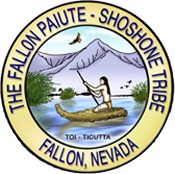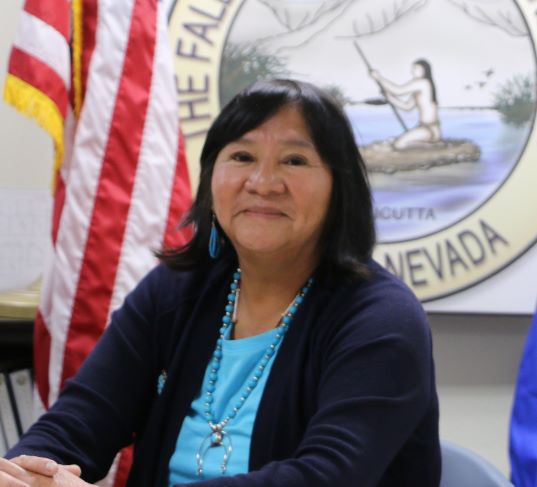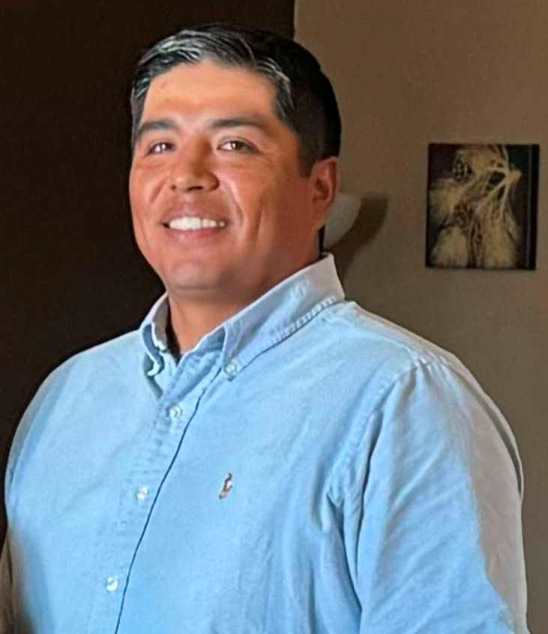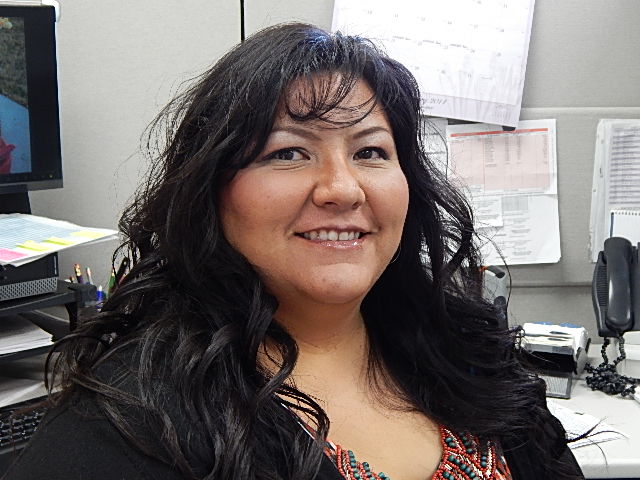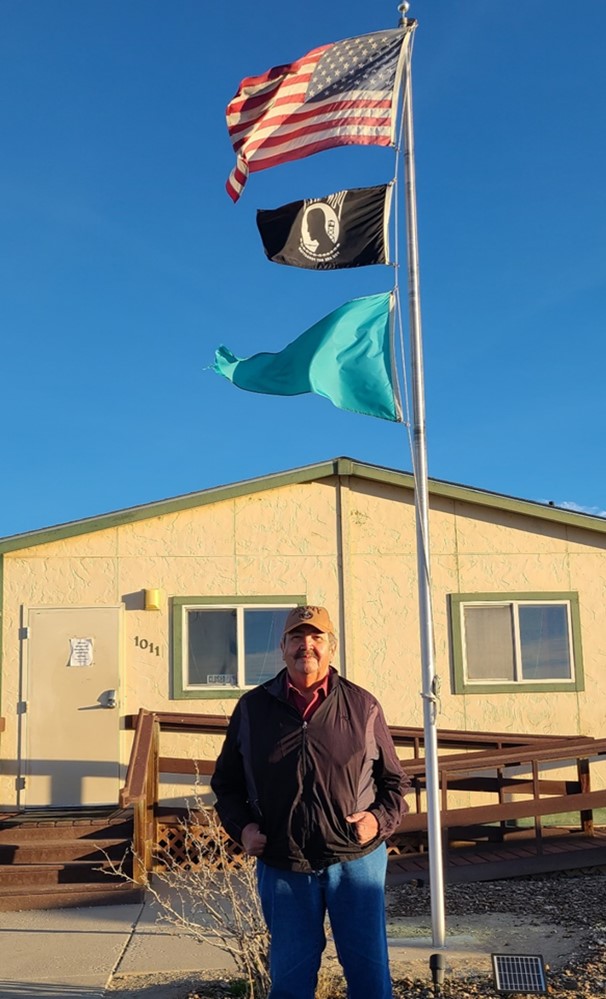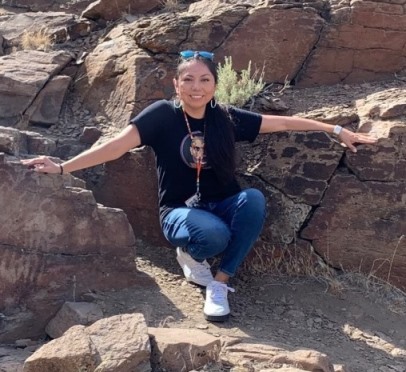Our Location:
8820 Mission Road
Fallon, NV 89406
Office: (775) 423-3725
Fax: (775) 423-3978
Office Hours:
Monday-Friday: 8:00 a.m.–5:00 p.m.
Saturday & Sunday: Closed
Talks Tribal Water Rights With UNR Students
The class was a Western Water Resources and Management class made up of underclassmen and graduate students. My presentation was to provide them an insight to the Tribe’s water rights and the manner in which they are managed. I started by stating that the Tribe began its formal interaction with Western civilization when the 160 acre allotments were set aside in 1890. The Newlands project came along in 1902 and began diverting water in 1908 to the Lahontan Reservoir. The United States operated the project up until 1926 when they contracted with TCID to operate the project. In the meantime, the U.S. failed to state a water claim for the Fallon Tribe and did not assert any authority to do so.
The Tribe managed its water by ordering its headgate deliveries to TCID, based on the water right duty for the crop. The soil type also controls the amount of water that can irrigate an acre of ground. The duty is 3.5 acre-feet of water for every acre of crop land. In 1978 Congress enacted Public Law 93-337 which was intended to improve the irrigation delivery system on the reservation. It stop a short time after it began as it realized it was spending “too much” money on the system. Public Law 101-618 came in 1990 and the Fallon Tribe is contained in Title I of the bill. It states that a portion of the settlement funds is to be used for “Rehabilitation and Betterment” of the Tribe’s irrigation system where PL 93-337 failed to complete that work.
The Tribe received 100% of water rights this year and it took much work to accomplish this. Toward the end of the season the Tribe had to use the balances left on the water cards and place their orders of water that would complete the irrigation season. The Tribe has a unique government to government relationship with the United States government and that we are supposed to receive a level of acknowledgement that gives the Tribe leverage with its ability to manage its resources. This is a concept we had to push hard to make the feds accept their responsibility toward the Tribe. That the beginning of the Orr Ditch Decree (Truckee River) court case in 1913 did not actively include the Fallon Tribe in that preceding and that its water right was contained in Claim #3 of the Orr Ditch Decree of 1944.
The Alpine Decree (Carson River) was adjudicated in 1982 and it too did not include the Tribe’s right to a water right specifically. So there are two river decrees that includes the Tribe’s water right but does not specify distinct criteria or characterization of the water right. The Tribe is not isolated with this federal oversight, because back at the turn of the century it was common to neglect tribal interests and the rights of tribes. The BIA was ineffective to represent the Tribe’s interests.
A Tribal Water Code was drafted in 1993 and its intent is in part to establish a reserved water right for the tribe. The draft code proposes to characterize the tribe’s water rights in a manner that would in affect, establish a reserved water right under certain principles of legal status. The Code will undergo internal review and it will be presented to the Business Council and to the Natural Resources Committee when it is ready to be presented for discussion.
In 1992 through to 2003 the Tribe and the United States negotiated an ‘Agreement in Principle’ that was intended to guide the implementation of the provisions of Title I of PL 101-618. The Agreement was never approved by either the Tribe or the U.S. This agreement too will undergo an internal review to determine which components of the agreement are already completed and those that have not yet been completed.
It is an exciting time as the Tribe will be exercising its right to establish a reserved water right. I ended by discussing the trust responsibility relationship between the Tribe and the U.S. However, the trust factor is always a challenge as the history of relations are strained by the contentious nature of the settlement of the aboriginal lands of Native People. Today the Tribe must act in a manner that does not let the U.S. off of the hook of their trust responsibility.
